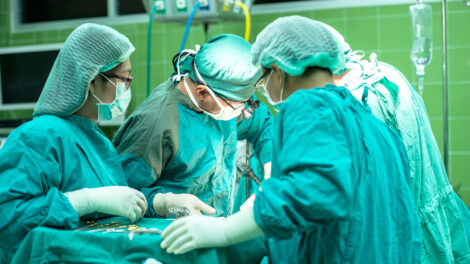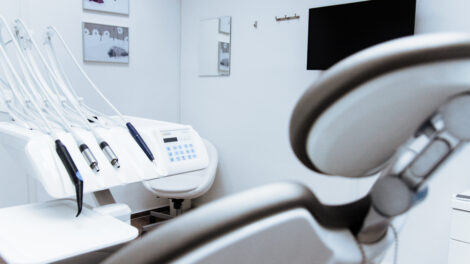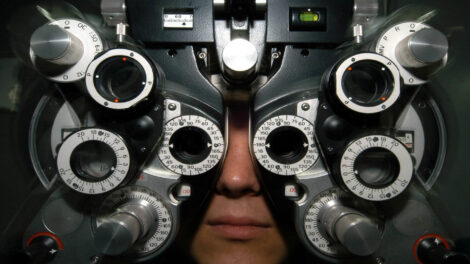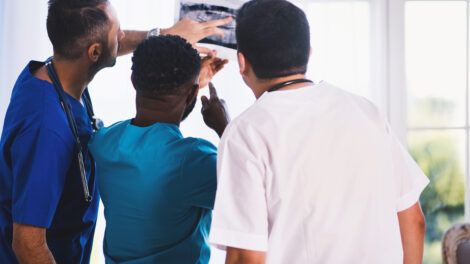Medical School

Many health professions schools use an application service. Check the following list for your specific program.





The number of applications you submit is totally up to you! Some applicants apply to only a couple of schools; others have been known to apply to as many as 30 or more! There is no single, correct number.
The national average for medical schools (allopathic and/or osteopathic) is about eleven or twelve applications per person.
Unless you are very confident, you should apply to a range of schools. Based upon the national average, we suggest you apply to between ten and twelve schools divided across a range of schools: 1/3 “reach,” 1/3 “good match,” and 1/3 “safety.” More than twelve may be advisable if you are a marginal candidate, but more than twenty is probably unnecessary and expensive. You must estimate your own chances and act accordingly.
Yes, we assess a one time processing fee of $50.00. This applies to all programs, even if you split your applications across different health professions school/programs (e.g., allopathic and osteopathic medical schools; medical and podiatric schools, medical schools and postbac programs, etc.).
Consider enrolling in a postbaccalaureate program if there is a problem with academic preparation (GPA, admissions test scores, course selection). These programs include: traditional postbac programs, science enhancement programs, special master’s programs, and special programs for non-traditional, minority and/or disadvantaged students.
For more information concerning postbaccalaureate programs consult the AAMC’s Postbaccalaureate Premedical Programs.